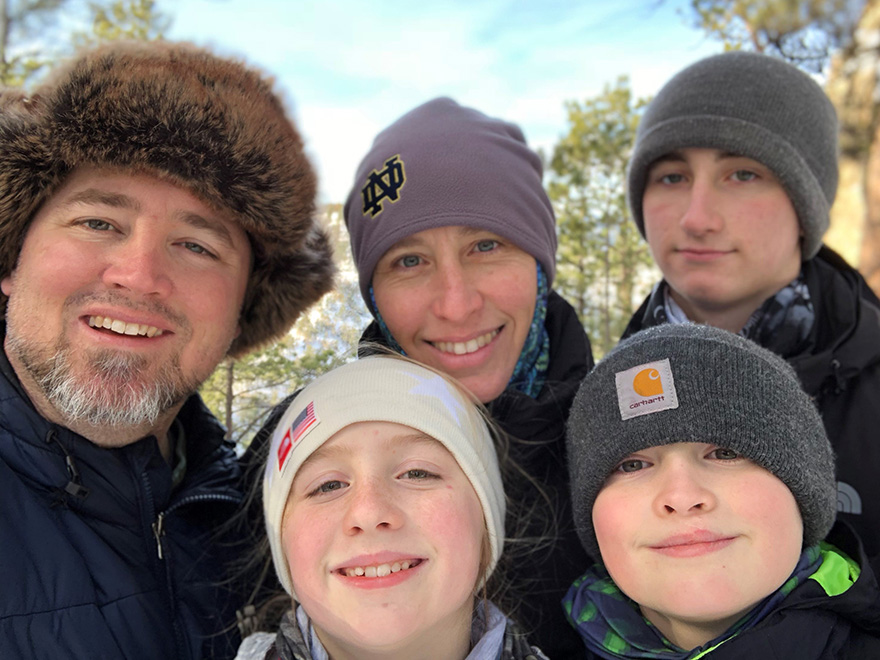Finding Community
Back in the day (2001), I was responsible for Young Adult Ministry in the Diocese of Venice, Florida. By average age of Catholics, this might be one of the oldest dioceses in the country. There were not a lot of young adults.
At one point I was on the phone with a man in his late twenties who had just moved to town. He was asking about local opportunities and how to connect with folks. Being new to the job and area myself, I don’t recall doing a very good job with answers. Finally he said, “Well, what do you do for community?” At which point I invited him to our house for supper.
Joshua and I frequently refer to him as “Our Friend” – singular – that we had when we lived in Florida. It wasn’t just that there were not a lot of people our age in the area. It was that there weren’t a lot of faithful people our age who challenged us to live life the way we feel called. Our friend did.
Now, at the time, I don’t think we could have identified the most important aspects of that relationship. But in hindsight and with the benefit of experience in other communities in other cities, we see it.
Joshua and I find that those relationships that are most dear, most life-giving and most enduring are with peers who are faithful and who push us to grow.
Over the course of our married life and our many moves, we have developed some truly excellent relationships. The primary challenge of a move, though, is that those relationships are on average hundreds of miles away. In some cases, thousands.
Our experience tells us that it takes time to develop new local relationships. The process alternately feels drawn out, uncertain, foundering, or a bit lonely. It has been many of those things this year as well.
In the past, we have formed friendships with other couples or single folks with whom we share one of the aspects I mentioned: being a peer, or being faithful, for instance. But what we have discovered is that if friends don’t challenge us to integrate our values into our lifestyle, the relationship really doesn’t go much below the surface level of acquaintance and shared experience.
In fact, one couple who is very dear to us does not necessarily line up with us on faith practices. But because our family values — the way we aspire to live life — match up we shared a deeper and more mutually encouraging relationship with them than many of our friends from the parish.
Just yesterday I mentioned to Joshua that I’m not sure our family has a “spirituality.” Meaning I couldn’t describe anything distinctive about the way our family lives out our prayer and faith life. He immediately disagreed (shocker) and we had a very helpful conversation.
One of the things I realized from that conversation is that I find it much easier to identify the characteristics of “how we aspire to live life” than I do our “spirituality.” And, of course, that is a completely false dichotomy. We aspire to live the life to which we have been called by God. For us, life and the stuff of life IS our spirituality.
So, here is how I articulate it:
We aspire to prayerfully listen for God’s will and make decisions in line with it, individually and as a family. We aspire to live simply. We aspire to be welcoming and hospitable at any opportunity. We aspire to love one another well and have fun doing it. We aspire to have a mutually challenging and supportive community.

I have felt much more focused and free in
relationships since identifying those aspects, especially needing people who push us to growth. Those who push us to growth help us to live more fully in line with our spirituality. Knowing that makes it much easier to invest proportionately in relationships and find the community God is offering.
Pictured: Josh, Stacy, and the family.





